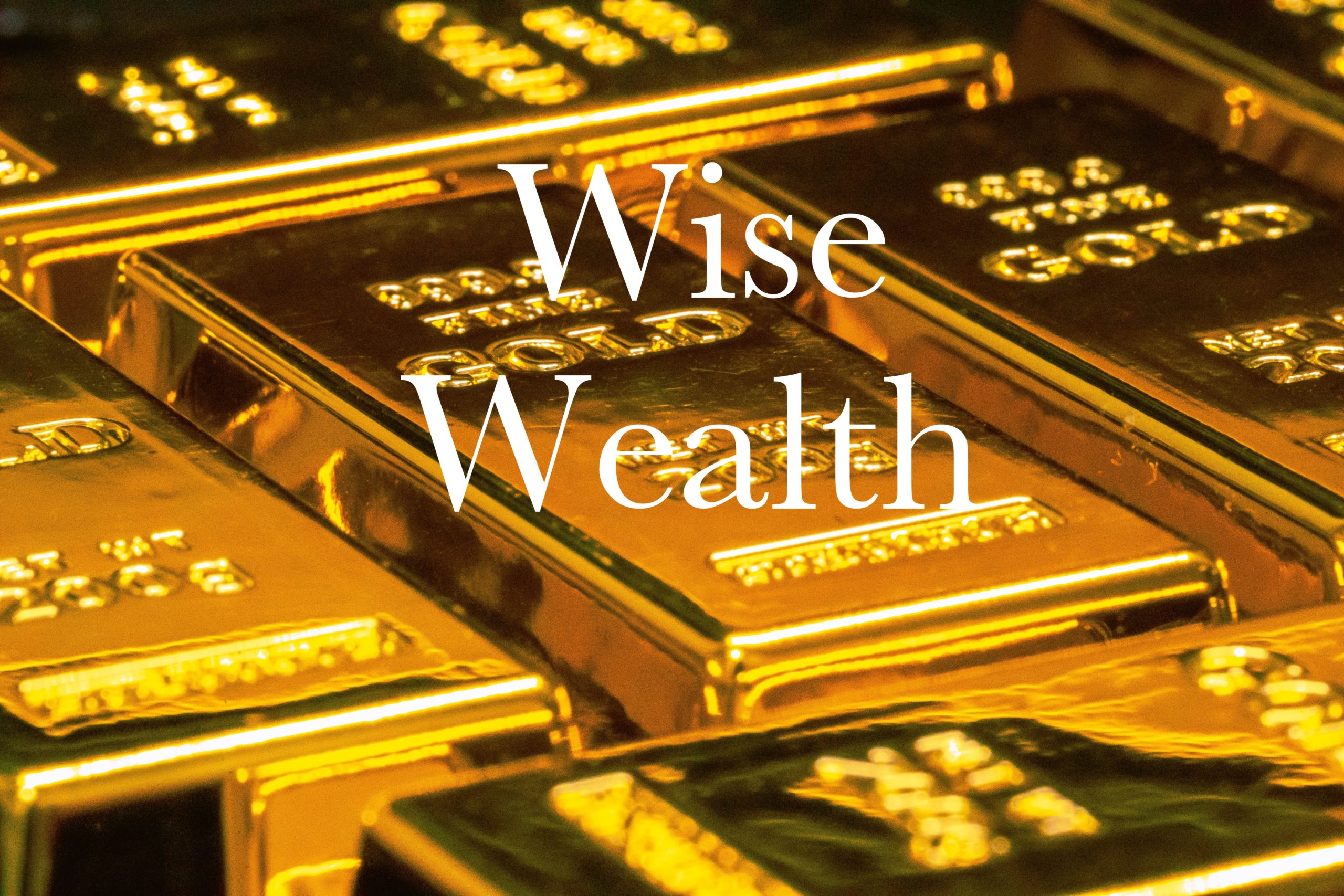God wants you to be rich. That’s right. God made you for riches and commissioned you to produce wealth. God is wealthy. He wants you to be like him. Therefore, God wants you to be rich.
While these statements sound eerily like Kenneth Copeland, Jesse Duplantis, Robert Tilton, Creflo Dollar, or Joel Osteen, God indeed wants you to be rich. The problem with the men I mentioned and their ilk is that they define wealth too narrowly, apply their definition too broadly, and are terribly short-sighted. However, when appropriately understood, God indeed wants you to be wealthy beyond your wildest imagination.
Wealth is nothing more than the product of dominion, that mission God gave us to make the world better and more than it was when he first gave it to us (Gen 1.28). He gave man fruit trees with their seeds in them in the beginning. Man was not only to eat from the trees but also to take those seeds, plant them, and produce more trees that would bear more fruit with more seeds. This ever-growing produce is wealth.
Wealth takes many forms. It is not limited to the accumulation of economic resources. One characteristic that is true of all forms of wealth that God considers genuine wealth is that it is enduring. Wisdom promises that riches and honor are with her, enduring wealth (Pr 8.18). This wealth contributes to the everlasting, unconquerable kingdom of God and, therefore, will only be purified, not destroyed, through the fiery trials in this life and even death itself. The faithful wise and all that we do have a future (Pr 23.18; 24.14; cp. 1Cor 15.58), but the wicked have no future. All they accumulate in this life will be consumed (Pr 24.20).
In Proverbs, Solomon speaks of several forms of wealth that have this mark of endurance, and he encourages his son to accumulate wealth in all its forms.
Wisdom itself is wealth. Wisdom is better than gold and silver (Pr 8.10-11), and we are to “buy wisdom” (Pr 16.16). Buying wisdom means that we are to invest our lives in wisdom. Wisdom costs us. There is an initial and lifelong investment of your whole heart and life, but the dividends are eternal. Wisdom is the security that guards you from the ways of death and even through death (1.33); it gives you understanding of righteousness and justice (2.9), preserves you, delivers you from the way of evil (2.10-12), protects you from wicked men and women (2.13-19), and finally makes you dwell everlastingly in God’s promised land (2.21).
Wisdom’s child, righteousness, is also wealth. Righteousness is a great treasure (Pr 15.6), and it is better to have a little with righteousness than great produce with no justice (Pr 16.8). Righteousness is having your life in conformity to God’s covenant standards. Within that covenant, God provides the forgiveness of sins so that being faithful to God’s covenant includes trusting his promise of forgiveness. But it also includes living according to his commandments. Living righteously creates peace with God (cf. Rom 5.1), putting you in line with his purposes for the world. Since God’s purposes cannot fail, those who are in line with his objectives will be a part of his victory even if, for a time, we suffer affliction (cf. 2Cor 4.17). Righteousness is wealth.
Solomon also characterizes humility as wealth. “It is better to be of a lowly spirit with the poor than to divide the spoil with the proud” (Pr 16.19). The riches accumulated through pride that rebels against God’s order will be taken away. Humility is true wealth even when it doesn’t have economic resources. The humble person submits to God’s judgments, seeing the world for what it is. He stays connected to reality, knowing what will last and what will not. Humility is wealth that must be sought.
Integrity is another form of wealth. “Better to be a poor man who walks in his integrity than one crooked in his ways though he be rich” (Pr 28.6). Integrity is that strength of character that will not crack under pressure. The purity of character that is integrity is wholehearted allegiance to God, undivided loyalty. This wealth will carry you through the final judgment to hear, “Well done, good and faithful servant.” That is worth more than silver and gold that will fade away.
Power is also a form of wealth. Power is the ability to act on the world to change it. Wealth, material and other forms, protects the rich, while the poverty-stricken suffer ruin (Pr 10.15). Solomon seems to focus on economic wealth in Proverbs 10.15 when he speaks of the power of riches. Monetary wealth is power. At the most basic level, it is the power to guard against hunger, nakedness, and homelessness. Economic wealth also has the power to shape cultures by building structures, whether buildings or relationships, that will dictate the trajectory of a society. As God’s people have the opportunity to gain and use economic resources, we should. We ought to seek to control economic systems to promote righteousness for the good of all and, ultimately, God’s kingdom.
God wants us to be rich with wealth that will endure. Are you investing in that which will produce true wealth?
Photo by Jingming Pan on Unsplash

















[…] encourages his son to pursue wealth, true wealth. This wealth comes in many forms. In my article, Wise Wealth, I discussed a few riches the king-in-waiting should pursue: wisdom, righteousness, humility, […]